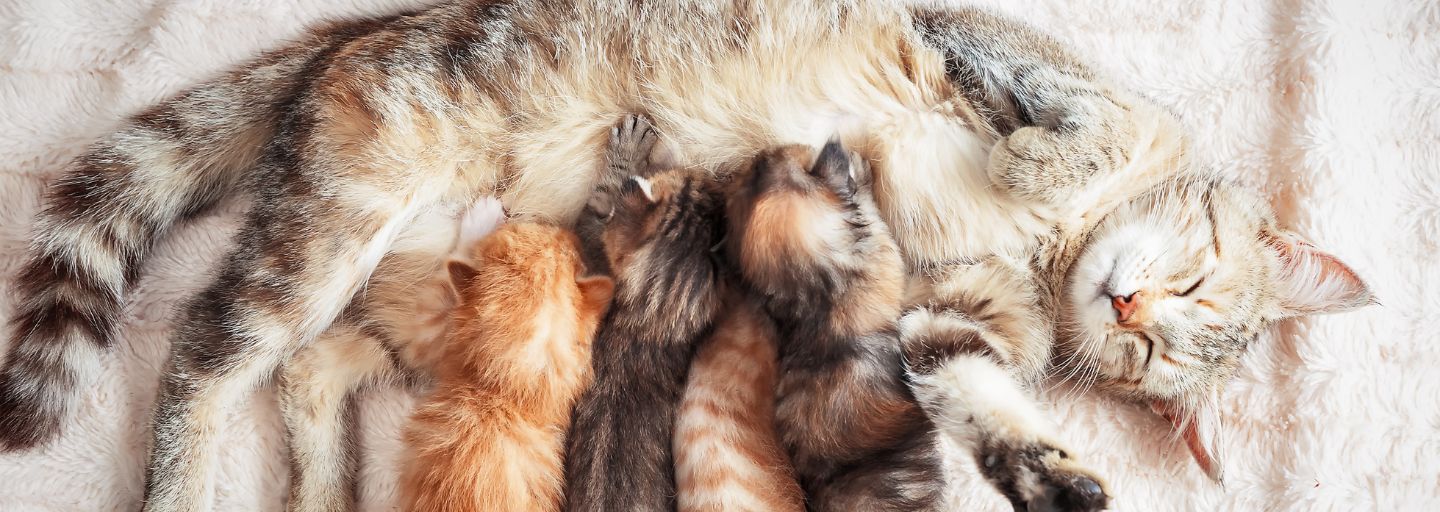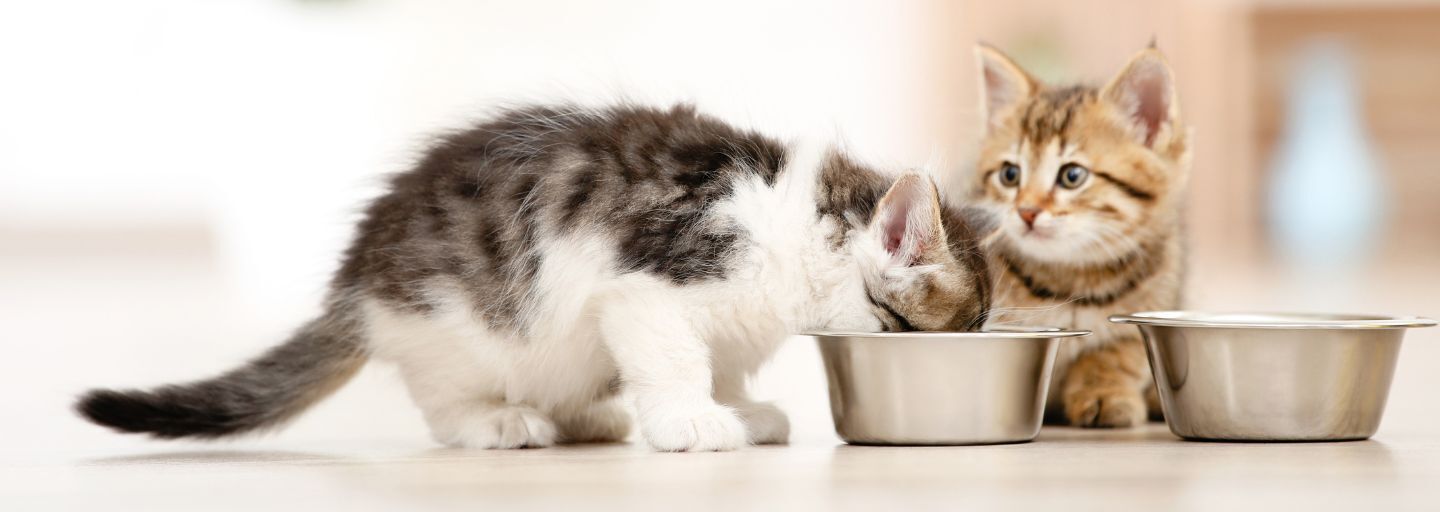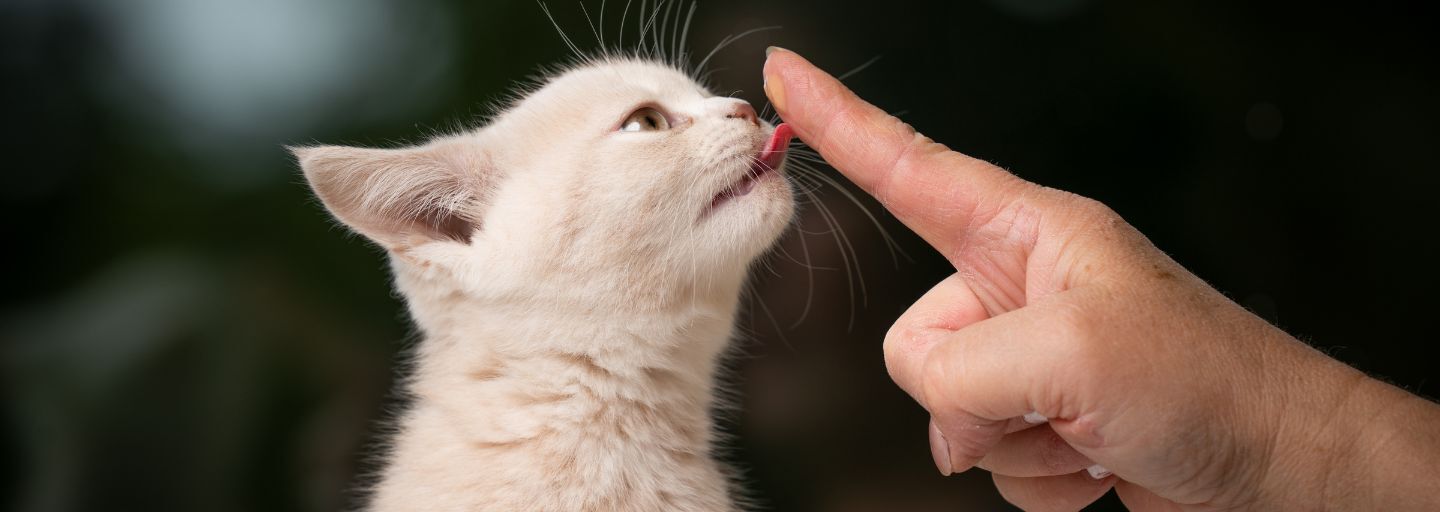When it comes to caring for kittens, there are numerous questions that arise, especially regarding their nutrition. One common misconception is the belief that kittens should be given milk as a primary source of nourishment. However, it's important to understand that not all milk is suitable for kittens, and in fact, it can lead to digestive issues and nutritional imbalances.
The Myth of Giving Kittens Milk
The image of a tiny kitten lapping up a bowl of milk is a classic one, perpetuated by popular culture. However, it's crucial to recognize that kittens' nutritional needs differ from those of adult cats. While kittens do require a diet that supports their growth and development, cow's milk or other types of milk intended for human consumption are not suitable for them.
Why Cow's Milk Is Not Ideal for Kittens
Cow's milk contains lactose, a type of sugar that kittens lack the necessary enzymes to digest properly. Feeding cow's milk to kittens can lead to digestive upset, including diarrhea, bloating, and abdominal discomfort. Additionally, cow's milk does not provide the essential nutrients that kittens need for optimal growth, such as taurine, an amino acid vital for their heart and eye health.
Proper Nutrition for Kittens
To ensure the healthy growth and development of kittens, it's essential to provide them with a nutritionally balanced diet specifically formulated for their needs. Commercially available kitten milk replacers or kitten formulas are designed to mimic the composition of their mother's milk, providing the necessary nutrients in appropriate proportions.
Kitten milk replacers are typically available in powdered form and can be mixed with water according to the manufacturer's instructions. These formulas are fortified with essential nutrients, including proteins, fats, vitamins, and minerals, to support the kittens' growth and overall health. It's important to choose a high-quality kitten milk replacer and consult with a veterinarian for specific recommendations.
The Transition to Solid Food
While kittens rely on their mother's milk or milk replacers during their early weeks of life, they gradually transition to solid food as they grow. Around four to six weeks of age, kittens can start exploring solid foods alongside their milk replacer. Introducing a high-quality kitten food formulated for their age is crucial at this stage.
Kitten food is specially formulated to meet the nutritional needs of growing kittens. It provides the right balance of proteins, fats, carbohydrates, vitamins, and minerals to support their development. Wet or canned kitten food is often recommended initially, as it is easier for kittens to chew and digest. As they grow, dry kitten food can be introduced alongside wet food.
How to Decide: Choosing the Right Nutrition for Your Kitten
Deciding on the proper nutrition for your kitten can sometimes feel overwhelming, given the variety of options available. To ensure you make the best decision for your furry friend, consider the following factors:
- Age and Developmental Stage: Kittens have different nutritional requirements at various stages of their growth and development. Young kittens rely on their mother's milk or milk replacers for essential nutrients. As they grow, they gradually transition to solid food. Consider your kitten's age and choose a nutritionally balanced diet appropriate for their specific stage.
- Health and Individual Needs: Each kitten is unique, and their nutritional needs may vary based on factors such as breed, size, and overall health. If your kitten has specific health concerns or dietary restrictions, consult with a veterinarian for personalized guidance. They can recommend suitable options that address your kitten's individual needs.
- Quality and Ingredients: When selecting kitten milk replacers or kitten food, prioritise high-quality products. Look for reputable brands that meet or exceed industry standards for pet nutrition. Read the ingredient list to ensure it contains high-quality protein sources, essential vitamins and minerals, and avoids artificial additives or fillers.
- Gradual Transition: When introducing new foods to your kitten, it's important to do so gradually. Sudden dietary changes can upset their digestive system. Start by mixing a small amount of the new food with their current diet and gradually increase the proportion over several days. This allows their digestive system to adjust and minimizes the risk of digestive upset.
- Monitor Your Kitten's Response: Observe how your kitten responds to the chosen diet. Look for signs of healthy growth, such as a glossy coat, good energy levels, and steady weight gain. If you notice any unusual changes in their appetite, digestion, or overall well-being, consult with a veterinarian to ensure the diet is suitable or if adjustments need to be made.
Consulting with a Veterinarian
Every kitten is unique, and their nutritional needs may vary based on factors such as breed, size, and overall health. It's always advisable to consult with a veterinarian for personalized guidance on feeding your specific kitten. They can provide recommendations on the appropriate type of kitten milk replacer, the timing of introducing solid food, and the transition to a complete and balanced kitten diet.
The myth of giving kittens cow's milk should be debunked. Remember, providing proper nutrition is essential for your kitten's overall health and development. By considering their age, individual needs, consulting with a veterinarian, and monitoring their response, you can make an informed decision and choose the right nutrition to support your kitten's growth into a healthy and happy adult cat.







